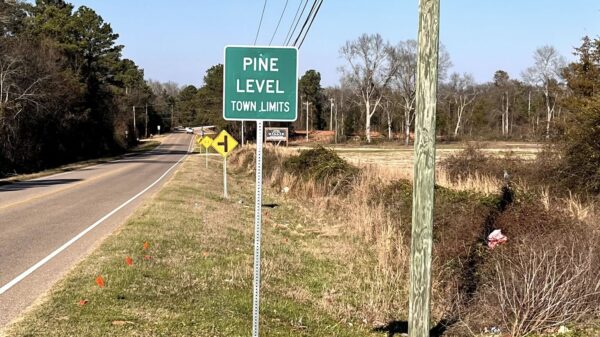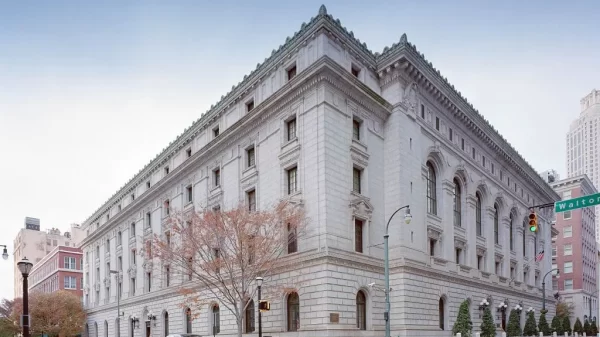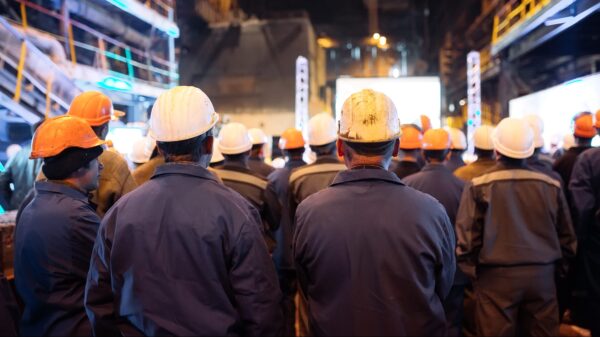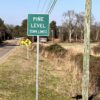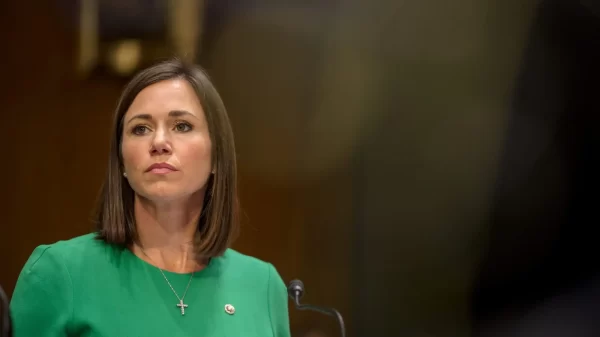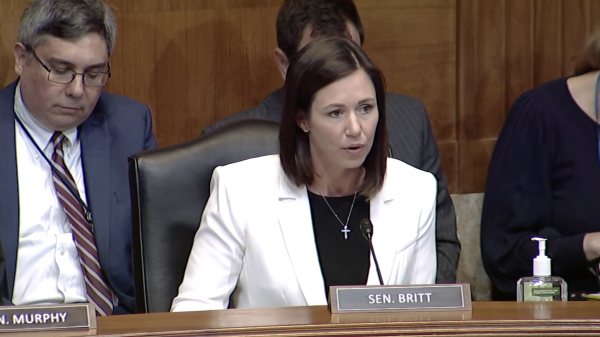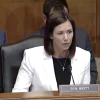Staff Report
From the Office of Attorney General Luther Strange
MONTGOMERY)—The Madison County Circuit Court has granted a request filed this morning by Attorney General Luther Strange for a temporary restraining order against a North Alabama storm shelter company, as well as the appointment of a receiver to protect consumers’ interests. Defendants in this case are Tornado Masters of Alabama Inc., located in Toney, Alabama; the company’s chief operating officer, Leslie A. Holt, and an employee, Grady Holt, also residents of Toney; and SafeSteel Inc., a company incorporated by the defendants in Tennessee which also does business as Factory Direct Tornado Shelters in Toney.
A hearing is set for March 16 for the Court to consider a preliminary injunction, based on a complaint also filed this morning by Attorney General Strange. The complaint alleges that the defendants “violated multiple provisions of Alabama’s Deceptive Trade Practices Act by soothing people’s fear of tornadoes with the false guarantee that their storm shelters will shield purchasers from the most powerful tornadoes.” Falsely representing that their shelters exceeded FEMA (Federal Emergency Management Agency) specifications, the defendants instead provided structures that “sat on inadequate bases, were not properly anchored, began to rot and rust within a few months, held standing water whenever it rained, and had inadequate ventilation.”
Furthermore, the defendants falsely represented that the USDA (U.S. Department of Agriculture) approved the shelters and was awarding grants that would reduce the cost to consumers. Attorney General Strange stated in the complaint that “Defendants present themselves as reputable, earnest, and in the business of protecting Alabamians. But this facade belies the truth. Customers did not receive USDA grants or USDA-approved shelters; they were tricked into thinking their shelters met government standards by phony grants that defendants forged to discount an inflated price. And for their money consumers received, sometimes months after making down payments, shelters that were poorly constructed, untested and unsafe.”
The Attorney General’s complaint details evidence of numerous and severe deficiencies in the defendants’ shelters:
Many are inadequately anchored, built on concrete slabs that are a fraction of the required thickness, poorly welded, and built with materials meant for interior use. “These shelters are plagued with leaks, standing water, and defectively designed ventilation shafts that may allow flying debris to enter the shelter.” Far from just being unsafe for protection from storms, the Attorney General’s complaint describes such shelters as “a serious risk to occupants on fair weather days. Some of these shelters have inadequate ventilation, or, in some cases, no ventilation whatsoever. The limited static air in these shelters creates a substantial suffocation risk for occupants.” Defective door mechanisms present not only a hazard of occupants being trapped, but of heavy steel doors that could slam shut and cause “serious risk that children and adult occupants may lose fingers or break arms while trying to race into the shelter” and that “a heavy gust of wind may slam it onto someone’s hands or head.” A ladder that should lock into place for safety instead flies loosely in one shelter that is built on a foundation floating on water that has leaked inside.
According to the Attorney General’s complaint, the defendants’ shelters lack any manufacturer’s label, operating instructions, or warning information. Nor have defendants acquired required licenses such as city business licenses, Alabama Manufactured Housing licenses, and building permits. Although defendants advertise that they are authorized and able to build community-sized shelters, they are not licensed by the General Contractor’s Licensure Board as required for projects costing more than $50,000.
Perhaps one of the most egregious violations alleged in the Attorney General’s complaint is an $80,000 shelter constructed as an addition onto Huntsville Christian Academy in 2009, described as “an unsafe, unlicensed, and thoroughly inadequate shelter, which has no lights, flammable egg-foam crating along the walls, little or no ventilation, and dangerous in-swing doors that are hazardous in a panic situation.” The Attorney General’s motion for a temporary restraining order describes a situation at the school just three days ago, as severe weather struck again in Alabama on Friday. That afternoon, the State Fire Marshal declared the shelter to be an “imminent hazard.”
Attorney General Strange said he is relieved that the Court granted his request and took immediate action to protect Alabamians. “Our evidence indicates that these defendants callously exploited the anxiety of people who did their best to prepare and protect their loved ones from the devastation that has struck at our state through tornadoes and storms. Unbeknownst to these consumers, their loved ones are not safer but actually may be even more endangered by the shelters which many sacrificed to pay for. It was vital that these deceptive trade practices be halted, and steps taken to protect our citizens as we head into another season of tornadoes and unstable weather.”
The Attorney General commended Assistant Attorneys General Noel Barnes, Kyle Beckman and Matt Bledsoe, and Special Agents of the Attorney General’s Investigations Division. He thanked the Madison County District Attorney’s Office for its assistance.












